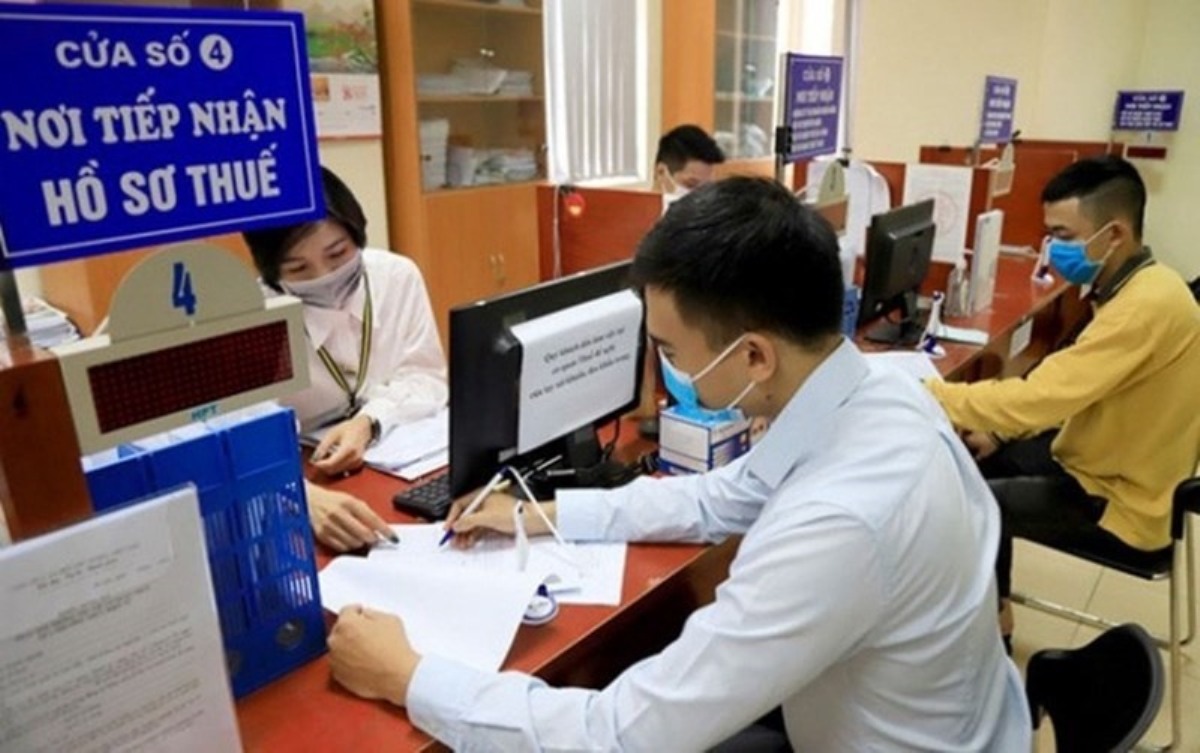HCMC – The Vietnam Chamber of Commerce and Industry (VCCI) has sounded the alarm over the fact that the current value-added tax (VAT) policy tilts in favor of foreign enterprises, potentially disadvantaging domestic ones.
VCCI pointed out that the policy, which grants specific goods exemption from VAT, inadvertently shields foreign products.
To tackle this issue, the Ministry of Finance has recommended narrowing the range of VAT-exempt goods and those subject to a 5% tax rate, as part of amendments to the VAT Law.
VCCI has provided feedback to the Ministry of Finance, underlining that the current regulations not only safeguard foreign interests but also confer tax advantages to particular imported goods.
Article 5 of the VAT Law lists VAT-exempt items, including raw agricultural materials, seeds, fertilizers, machinery, and more.
VCCI’s assessment showed that this policy creates an uneven playing field for domestic enterprises. While domestic companies engaged in producing VAT-exempt goods are exempt from VAT on their products, they are unable to offset input VAT during their production process. Conversely, similar imported products enjoy VAT exemption upon importation and even qualify for VAT refunds upon re-exportation from their originating countries.
As a result, products falling under the VAT-exempt category during importation often bear lower tax than domestically manufactured ones, inadvertently favoring imports.
The VAT exemption policy indirectly promotes imports over domestic production, a scenario further compounded by reduced import duties due to the bilateral and multilateral free trade agreements (FTAs) Vietnam has signed.
Vietnam has reduced import duties for specific items in alignment with the principle of reciprocity under these FTAs. However, VCCI highlighted that the VAT exemption policy has resulted in Vietnam forgoing substantial tax revenue, greatly benefiting other nations and opening the domestic market to a wide range of goods.
While the proposed legislative changes address certain goods, such as fertilizers and machinery, by reclassifying them under a 5% VAT category, VCCI recommended that the ministry continues reviewing and removing particular items from the VAT-exempt list.
VCCI suggested retaining VAT exemption for domestically produced goods and applying appropriate VAT rates to imported goods intended for domestic consumption.
VCCI introduced four VAT rate proposals. Proposal 1 advocates for a 5% tax rate for previously exempt items.
Proposal 2 introduces two rates: 0% or 5%. Goods with unrecoverable VAT exceeding 5% would be taxed at 5%, while those with VAT below 5% would be taxed at 0%. A 0% VAT implies that the goods remain within the taxable category but are subject to preferential tax rates. Unlike VAT-exempt items, businesses would still be eligible for tax deductions and refunds under varying tax rates.
Proposal 3 entails subjecting previously exempt goods to VAT, albeit at a rate lower than the average unrecoverable tax costs included in the product price.
Proposal 4 introduces the choice for domestic enterprises to opt for their preferred VAT calculation approach. All domestically consumed goods and services (excluding exports) would be classified into two categories, subject to VAT rates of 5% and 10%.
Goods presently exempt from VAT would transition to the 5% VAT category, while the category of goods and services ineligible for VAT exemption would remain taxed at 10%.
Enterprises with unrecoverable tax expenses below 5% would likely select the direct tax calculation method, whereas those exceeding 5% might favor the tax deduction approach.









